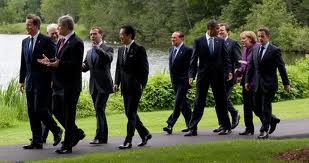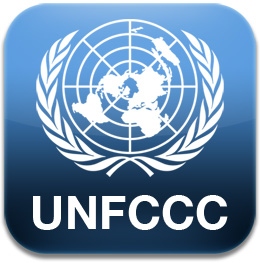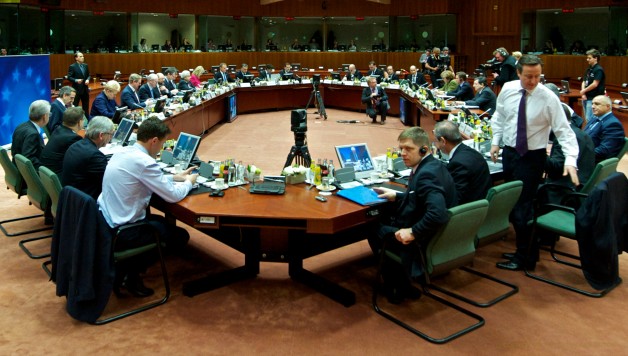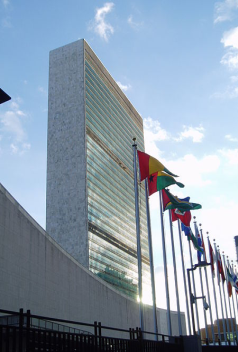
When the Party’s Over: The Politics of Fiscal Squeeze in Perspective
Fiscal austerity, fiscal consolidation and spending cutbacks currently dominate the politics of many of the world’s democracies. Old political arguments are being tested with new battles emerging over whose expectations are to be disappointed and who should be blamed for fiscal squeeze. Can the fiscal travails of the early United States in the 1840s, when half of the states then in the Union had to default over their debts and new unpopular taxes had to be imposed in the middle of an international trade slump, help us draw lessons for the Eurozone debt crisis of the early 2010s? Could cases often presented as ‘poster children’ of successful fiscal consolidation (and at those often portrayed as failures or ‘basket cases’) inform us about the politics of those fiscal squeezes? Can governments that copy ‘good’ examples of fiscal squeeze escape punishment at the polls? A recent conference on the politics of fiscal squeeze explored some these issues and looked at how it has played out in different times and places. It considered in depth nine cases of fiscal squeeze (defined as the political effort that goes into reining in expenditure or raising taxes) and explored what conclusions we can draw for current debates about fiscal squeeze from earlier cases in other democracies.

The G8 Leap of 2013: Needs to be higher, farther
The recently concluded G8 meeting at Lough Erne took an unprecedented leap by turning the focus on corporate governance. Among the greatest institutional challenges of our times, is the regulation of multinational corporations which operate across national borders and have the ability to shift labour and capital more than ever before. The G8 agenda focussed on open trade, fair taxes and increased transparency (the 3Ts agenda). Open trade- a part of all multilateral meetings saw the usual narrative of commitment to more trade with lesser transaction costs. However, the need for fair taxes and transparency of corporations took centre-stage for the first time.
The G8 expressed their commitment to establish automatic exchange of information between different national tax authorities and their support to the Organisation for Economic Cooperation and Development (OECD) to develop a multilateral system to implement it. The G8 also proposed a common template that will require MNCs to report profits made and taxes paid across the world. The rationale behind these initiatives is to prevent corporations to actively avoid tax through tax havens and shifting profits. There was also a mention of making relevant price information available across jurisdictions to implement international transfer pricing rules. OECD in the recent years has been working on multiple initiatives to counter the problem of base erosion and profit shifting (BEPS). The G20 also expressed support for OECD’s Global Forum on Transparency and Exchange of Information which has been tasked to create international standards of tax reporting in 2008 and 2012.

A Window of Opportunity Opens in the International Climate Talks
Since the collapse of the 2009 Copenhagen conference, much of what has gone on at the negotiating sessions of the UN Framework Convention on Climate Change (UNFCCC) has slipped off the radar of both public and political attention. But a new chapter in the international climate change negotiations begins this year – and could be a unique moment in efforts to craft international agreement on how the world will collectively attempt to slow global climate change.

The EU budget is a missed opportunity for Europe
Last Friday, after 24 hours of negotiations, European leaders agreed on a new EU budget deal for 2014-2020. Two summits were needed: one was held in November 2012, and another last week that ended in agreement. For the coming seven years, the member states will contribute 960 billion Euros towards the EU project—85 billion less than the European Commission’s original proposal. It is a flimsy budget, one by no means fit to deal with the economic challenges that Europe is currently facing.
It is quite understandable that countries such as the Netherland, Denmark and the United Kingdom aimed for a slashed budget: in times of crisis, it is hard to sell the message of pouring even more money into Brussels’ accounts. Indeed, the slash-the-budget-camp has proved to be quite effective in furthering its agenda.

EU Reform: Five recommendations for the European Foreign Service
With the Lisbon Treaty, the member states of the European Union (EU) established a European External Action Service (EEAS), otherwise known as the ‘European foreign service’, consisting of several thousand officials drawn from the EU institutions and national diplomatic offices. The EEAS has existed since January 2011 and falls under the authority of the EU High Representative Lady Ashton. In addition to the Brussels headquarters, there are some 140 EU delegations (‘embassies’) in other countries. This spring, there will be a formal review. The mid-2013 review of the EEAS, as it is called, presents an opportunity to improve the current structure. Catherine Ashton should use the momentum of this review to make the EEAS a more effective international actor. The EEAS will be an important part of her legacy after she resigns as High Representative next year. I have five recommendations.

Neither Cynical nor Dogmatic: The right attitude to international law
Public International Law tends to elicit from many people a cynical response; from many others a dogmatic attitude. International Law is thus seen by the first as irrelevant and unrealistic and by the latter as deserving a religious-like adoration.
Neither position is warranted by reality.

Integration on Trial: EU disintegration is still possible and the theories behind supernational governance offer little guidance
It is right to ask questions about a possible European disintegration. But we won’t find answers by looking at integration theory. Indeed, many theories have sought to explain why and how supranational governance develops, but, as I argue in a recent essay, many of them give us only a little hint as to why, when and how supranational competences can be repatriated. In this essay, and this post, I examine two of the most influential ones: ‘neofunctionalism’ and ‘intergovernmentalism’.

Mass Demonstrations – a new challenge for humanitarian action?
If humanitarian agencies have been preoccupied with intra-state wars in the last twenty-five years, might they now have to refocus and respond to humanitarian needs around mass demonstrations? The rise in mass protests against dictators, mining companies and western media suggests they might. Mass demonstrations have been a significant part of political life for centuries. In France, eyewitness accounts of the protests supporting the Paris Commune in 1871 describe “waves of people” overpowering military positions. In Britain, some years later, the suffragettes brought 500,000 people to a mass protest in Hyde Park in 1908. Mass demonstrations were an essential part of the Indian independence movement against British imperialism in the first half of the twentieth century. In the second half …









